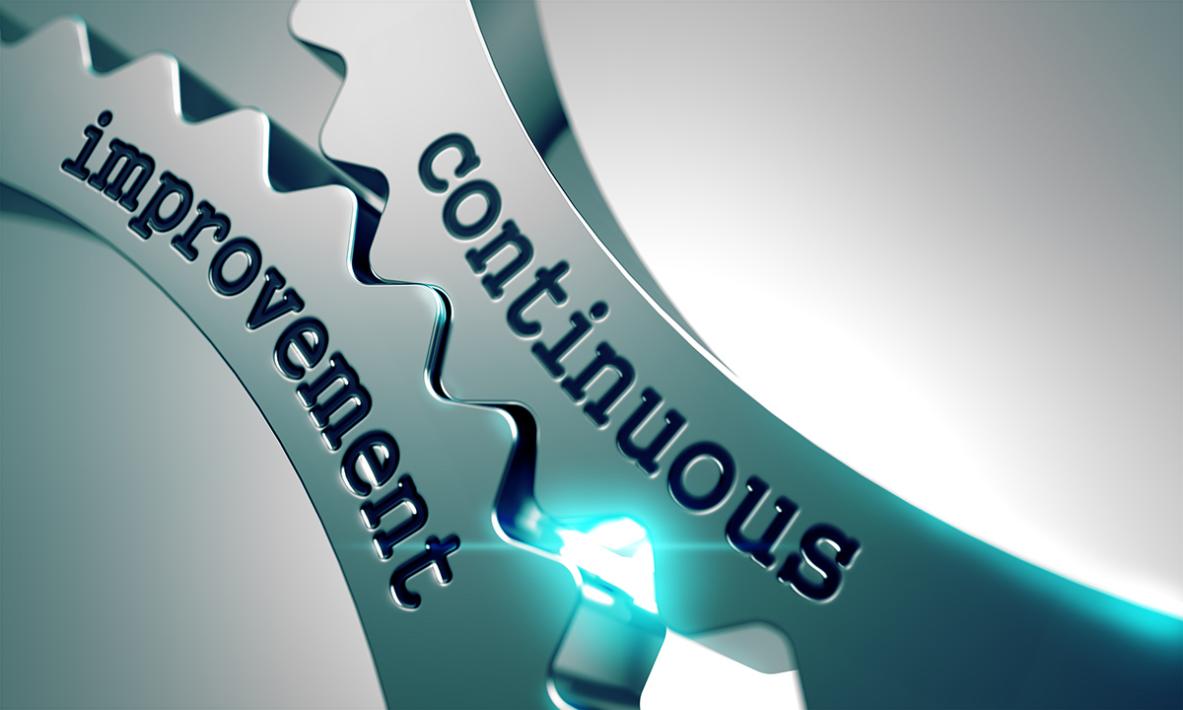Legal Considerations for Implementing Reinforcement Learning in Continuous Control Systems
Reinforcement learning (RL) is a powerful machine learning technique that has shown great promise in solving complex control problems. However, the implementation of RL in continuous control systems raises a number of legal considerations that need to be addressed.

This article provides an overview of the key legal considerations associated with implementing RL in continuous control systems. We discuss ethical issues, liability and responsibility, data privacy and security, intellectual property rights, safety and reliability, regulatory frameworks, and international considerations.
I. Ethical Considerations
The use of RL in continuous control systems raises a number of ethical issues, including:
- Autonomy and Responsibility: RL systems are often autonomous, meaning that they can make decisions without human intervention. This raises questions about who is responsible for the decisions made by RL systems and how to ensure that these decisions are ethical and responsible.
- Transparency: RL systems are often complex and difficult to understand, making it difficult to determine how they make decisions. This lack of transparency can make it difficult to hold RL systems accountable for their decisions.
- Bias and Discrimination: RL systems can be biased against certain groups of people, leading to unfair or discriminatory outcomes. It is important to address these biases and ensure that RL systems are fair and just.
II. Liability And Responsibility
The implementation of RL in continuous control systems also raises questions about liability and responsibility. Who is liable for damages caused by RL systems? How can we determine responsibility for decisions made by RL systems?

It is important to develop clear and comprehensive liability frameworks that address these questions. These frameworks should assign liability to the appropriate parties and provide a mechanism for victims to seek compensation for damages caused by RL systems.
III. Data Privacy And Security
RL systems collect and store large amounts of data, including personal data. This data must be protected from unauthorized access, use, or disclosure.

RL developers and operators must comply with data protection laws and regulations. These laws and regulations impose a number of requirements on RL developers and operators, including the requirement to obtain consent from individuals before collecting their personal data, to use the data only for the purposes for which it was collected, and to take appropriate security measures to protect the data.
IV. Intellectual Property Rights
The development and deployment of RL systems can generate valuable intellectual property (IP), including patents, copyrights, and trade secrets. It is important to protect this IP and ensure that the rights of the IP owners are respected.
RL developers and operators should have clear IP policies and agreements in place that address the ownership and protection of IP generated by RL systems.
V. Safety And Reliability
RL systems must be safe and reliable in order to be used in continuous control systems. This means that RL systems must be able to operate correctly and reliably even in the face of unexpected events or changes in the environment.
RL developers and operators must establish standards and regulations for the testing and certification of RL systems. These standards and regulations should ensure that RL systems are safe and reliable before they are deployed in continuous control systems.
VI. Regulatory Frameworks
There are a number of existing regulatory frameworks that may apply to RL systems. These frameworks include:
- Product safety regulations
- Data protection laws and regulations
- Intellectual property laws and regulations
In addition, there is a need for specific regulations tailored to RL and continuous control systems. These regulations should address the unique risks and challenges associated with RL systems and ensure that these systems are developed and deployed in a responsible and ethical manner.
VII. International Considerations
RL and continuous control systems are global technologies. This means that it is important to consider the international legal implications of implementing RL in continuous control systems.
There is a need for harmonized international regulations that address the legal considerations associated with RL and continuous control systems. These regulations should ensure that RL systems are developed and deployed in a responsible and ethical manner, regardless of where they are used.
VIII. Conclusion
The implementation of RL in continuous control systems raises a number of legal considerations that need to be addressed. These considerations include ethical issues, liability and responsibility, data privacy and security, intellectual property rights, safety and reliability, regulatory frameworks, and international considerations.
It is important to address these considerations in order to ensure the responsible and ethical development and deployment of RL systems.
YesNo

Leave a Reply